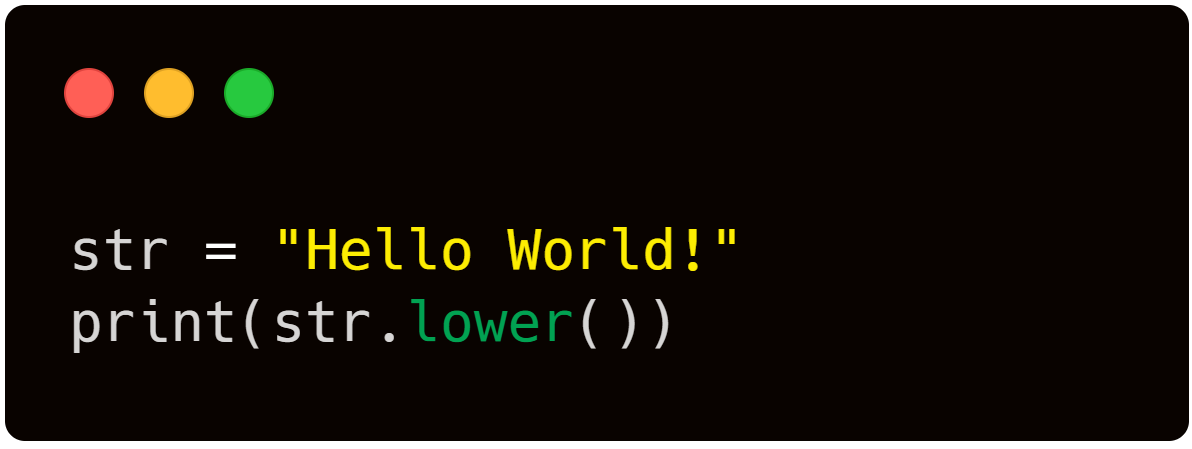If you're a tech enthusiast eager to embark on a programming journey,
you've probably asked yourself,
'Where do I begin?'
It's a common question among those who seek to delve into the captivating world of programming. Well, let's explore the answer together! But first, let's address the fundamental question:
What is programming language?
Computers have their own language—a unique system used to process and execute programs within their operating systems. To give you a glimpse, let's consider one programming language as an example.
Above, you see a program written in C++, designed to convert uppercase letters to lowercase. And here's the same program but written in Python.
Do you notice the difference?
In reality, these codes are eventually converted into binary code that computers can understand. Binary code is a sequence of 1s and 0s.
Why?
Allow me to explain. Within a computer's processor structure, microscopic transistors reign supreme. These transistors can only understand two states: on or off, represented as 1 for on and 0 for off. Hence, the codes we write need to be processed into binary code before they can be further interpreted by the processor.
Now, let's refocus on our main topic. If you're eager to learn programming but unsure where to begin, it's recommended to start with a challenging language, often referred to as a low-level language, before venturing into easier options known as high-level languages. Why? Because low-level languages allow you to explore the intricate interactions between various computer components more deeply. In these languages, you have more control, as not everything happens automatically. You'll learn how to allocate memory for programs, tackle memory leaks, and more. Understanding these aspects gives you a profound insight into the inner workings of your computer. That's the beauty of starting with low-level languages like C, C++, Visual Basic, and others. They provide a solid foundation and enable you to comprehend the intricate mechanics of your computer system.
Once you've gained proficiency in low-level languages
you can seamlessly transition to high-level languages like Python, R, JavaScript, and many more. These languages offer simplified syntax and a vast array of libraries, making them ideal for rapid development and problem-solving.
So, whether you embark on a low-level or high-level language journey, remember that learning programming is an adventure that unfolds with each line of code. Embrace the challenge, harness your curiosity, and let your creativity soar as you unravel the limitless possibilities of programming mastery.
Ctrl+Alt+Goodbye: Logging off with tech-tastic memories and geeky adventures. Stay wired for more tech tales in the digital universe! ✌



